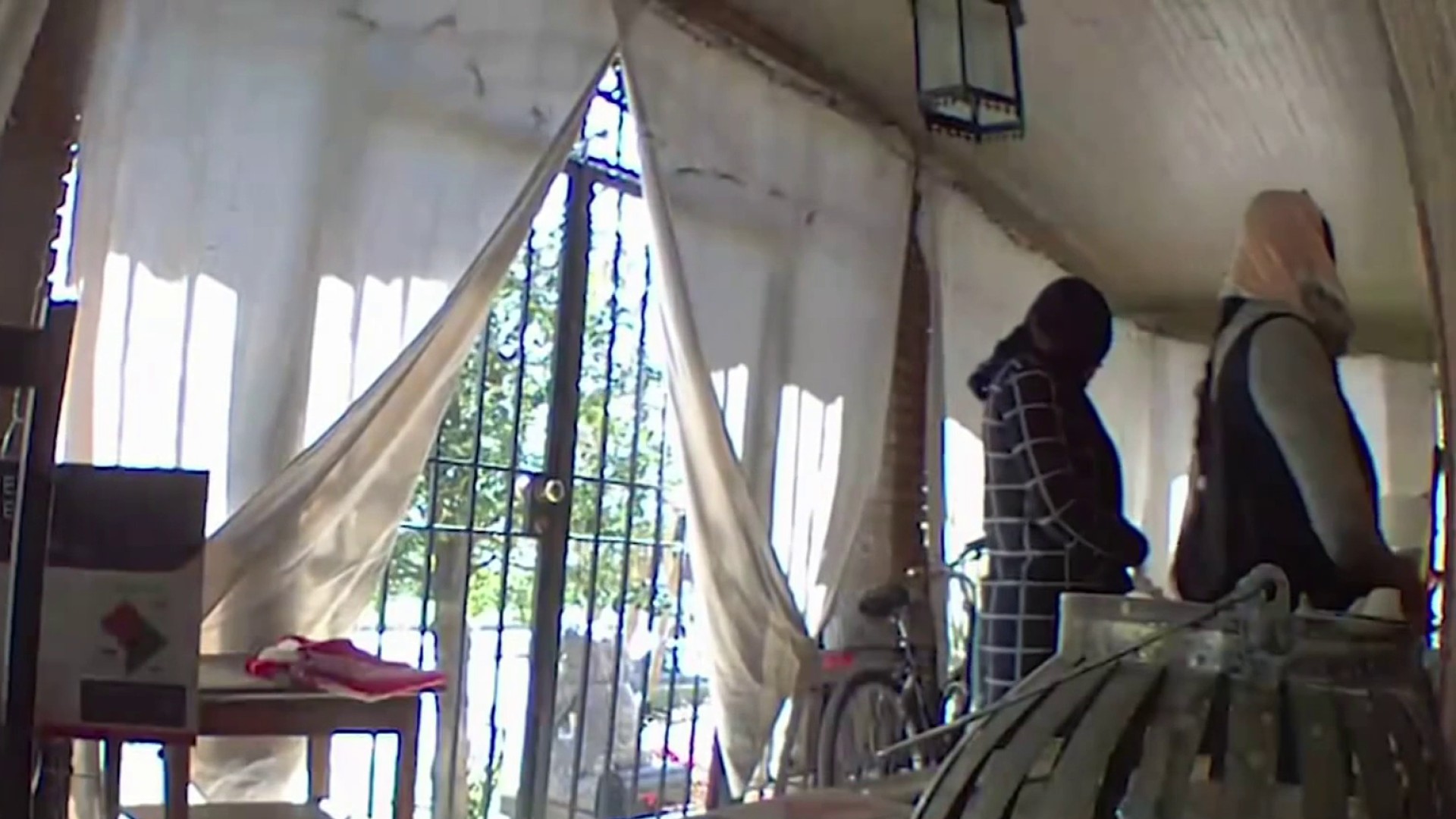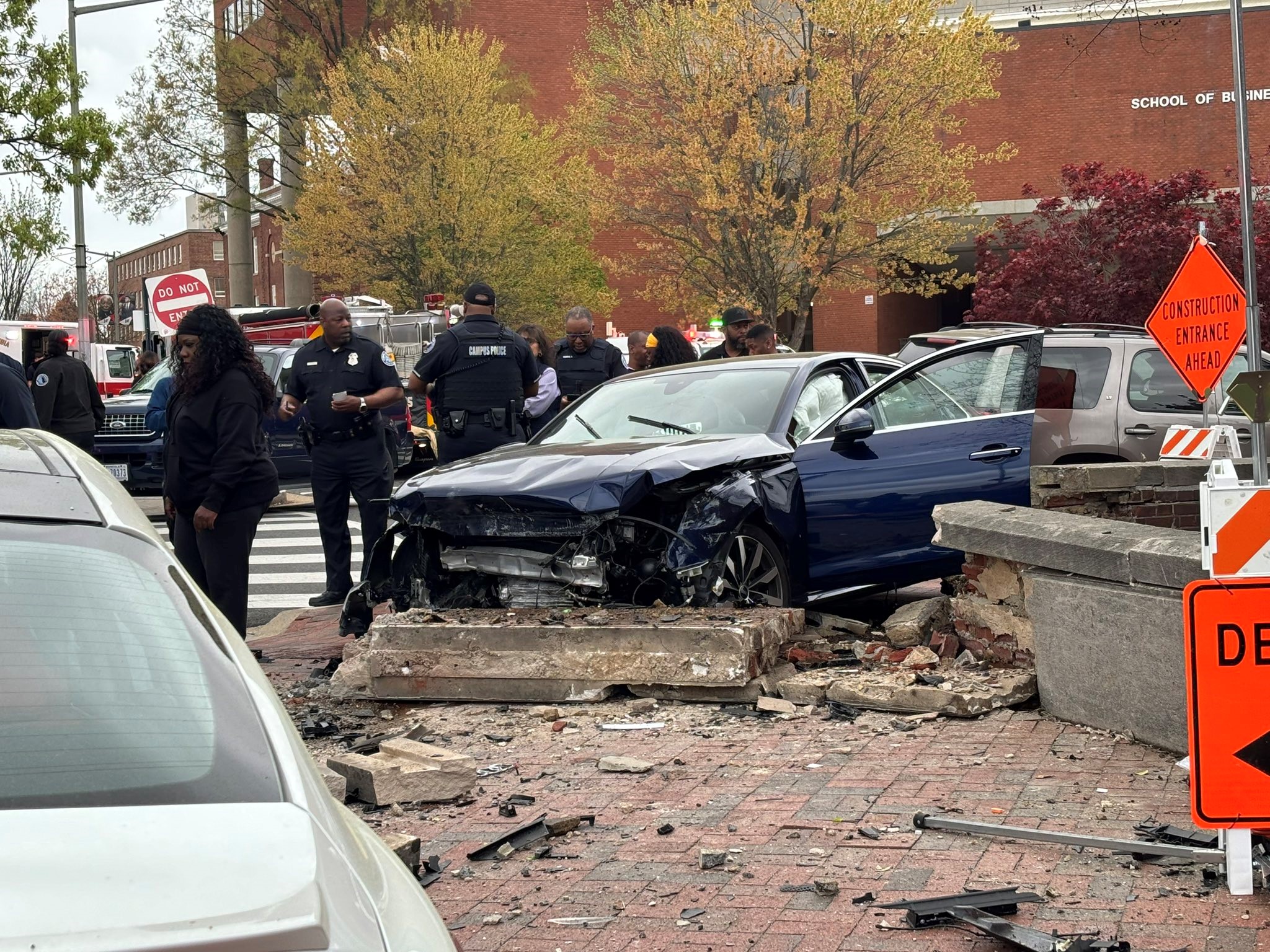Once used only by police, dashboard cameras are making their way into civilians’ vehicles, but there are things you should know before buying them and before using them.
U.S. wholesale shipments of dash cams are expected to rise 15 percent and generate $68 million in revenue this year, and for good reason: They can help protect you in the event of an accident or a police encounter in which you know you did nothing wrong.
“A dash cam can provide evidence and be used by an insurance company to prove that you weren’t liable, that the other person was at fault,” said Michelle Naranjo of Consumer Reports.
Most insurance companies will accept dash cam footage from their policyholders in the case of an accident to assist in a claim. The cameras also are useful in disputes about racial profiling by police, and can come in handy if your car is damaged while parked.
The cameras are legal as long as you record what’s going on outside the car on public roads, but inside is another matter.
“If someone gets in your car, because of privacy laws, it’s important that you inform them that they’re also being recorded because it really varies from state to state whether that’s legal or not,” Naranjo said.
Dash cams are illegal in D.C., and Maryland restricts where they can be mounted.
Local
Washington, D.C., Maryland and Virginia local news, events and information
Consumer Reports compiled a list of essential features you’ll need.
Recording detailed images is key, so get a high-definition cam with a resolution of at least 1080p.
Low light capability is important for when it’s dark outside.
Get one with ample storage -- at least 32 gigabytes -- to preserve footage.
Make sure it comes with long loop times – five-minute files are best so you don’t record over essential footage.
And while dash cams can give you peace of mind, don’t forget your own footage can be used against you.



